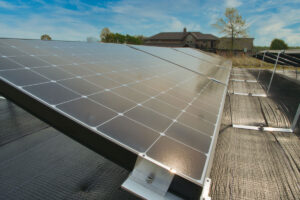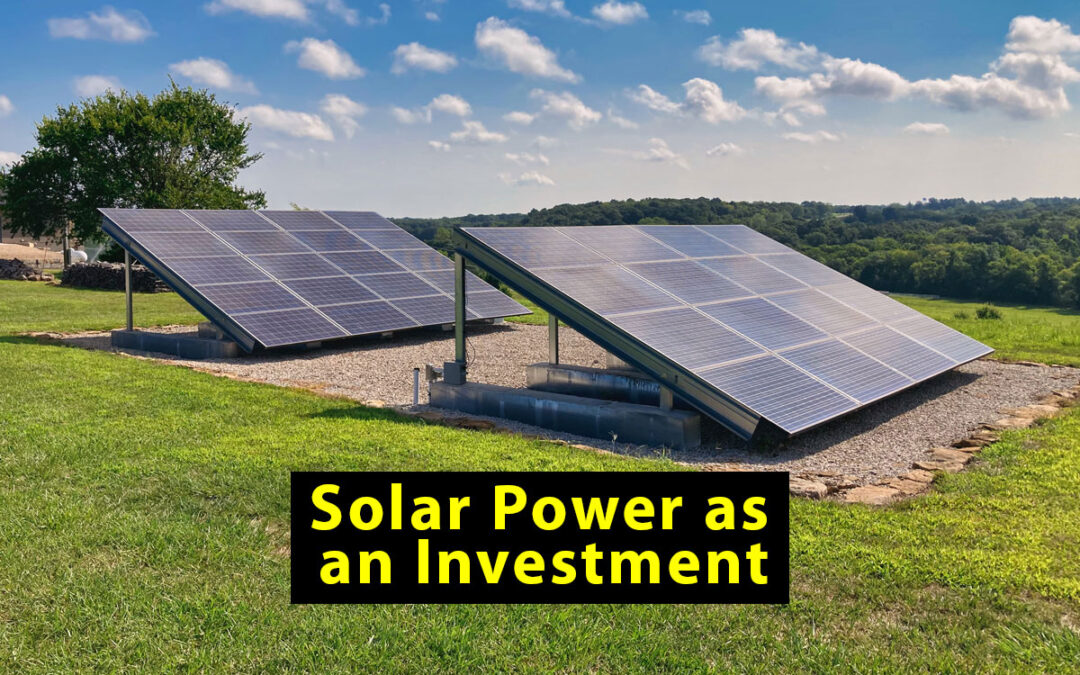Solar not only makes sense for the environment, but also as a long-term investment. Although you may pay most of the costs for your system up front, a solar panel installation will continue to pay you back for decades to come. Unlike many other long-term investments like stocks or real estate, solar provides a steady payback with little chance for fluctuation over the life of your installation. Before you invest in a solar power system for your home or business, here are a few things you need to know.
Review Your Electric Bill
This is the first place to look to determine how much power a solar panel system needs to generate for your particular situation. Our consultants want to design an installation that will offset most of your electric bill. Once we figure out how much power you use, we can determine how much solar energy you need to generate. They will also factor in other factors like how much sun exposure you get on your property, the electricity rates you currently pay and any incentives you’re eligible to apply towards your solar project.
How Long Before Solar Pays for Itself?

When designing a system that meets your needs, we can include an amortized schedule that will show when you can expect to break-even on your solar investment. Several different factors will impact your payback period including the size of your system, whether you pay cash or finance the system, if you include battery storage and the eligible incentives that you can apply towards the cost.
The Solar Savings Start Now
One of the benefits of investing in a solar panel system is that you’ll see immediate savings. Depending on how much energy your solar panels generate, you may be able to offset a high percentage, if not most of your monthly electricity bills. Also, any extra unused power that your system generates will return back to the power grid. This is called net metering. The electric company will give you a credit on the excess power that you generate.
Using Credit to Stabilize Your Monthly Electric Bill
If you take out a loan to pay for your solar panels system, your monthly payments may be less than your normal electric bill. That’s a useful tool when it comes to fluctuations in the price of energy. The U.S. Energy Information Administration forecasts that the cost of electricity will continue to rise in coming years as the demand for energy increases. With the typical solar loan we offer, your payments remain the same, even while electricity prices surge.
How Much Will Solar Cost?
According to the Center for Sustainable Energy the average cost for a residential system is currently $3-5 per watt. That means the average 5 kW residential system will cost between $15,000 and $25,000, prior to tax credits or incentives. Depending on what kind of solar installation you purchase and when it’s installed, you can expect to deduct 30% of the cost in the form of a tax credit.
As you can see, solar energy can be a valuable investment vehicle to reduce your monthly bills, prevent inflation in the form of rising electricity costs and lessen your reliance on large utility companies. If you would like to know more or see if your property is a good candidate for solar, reach out to us here or give us a call. We would be happy to look over your electric bill to help figure out how much you could save with a solar power installation.

